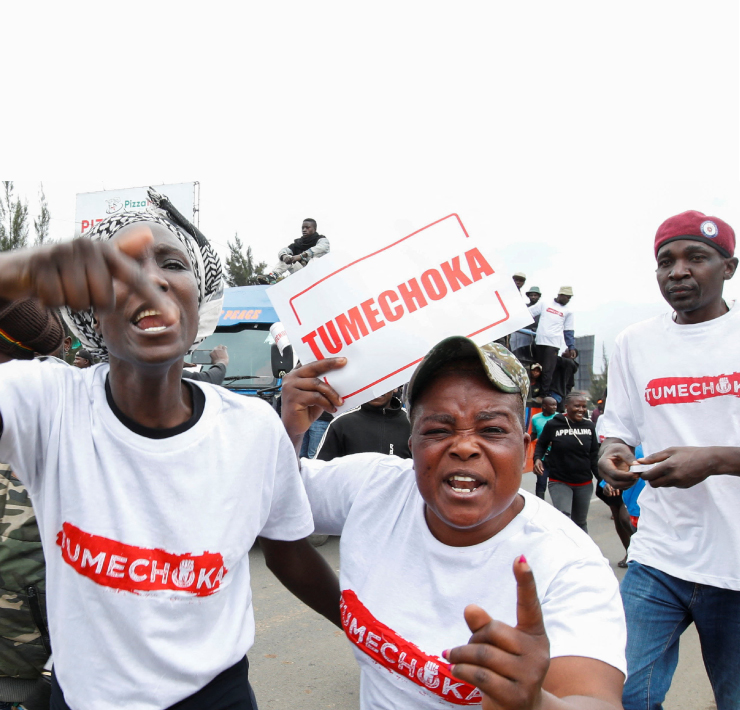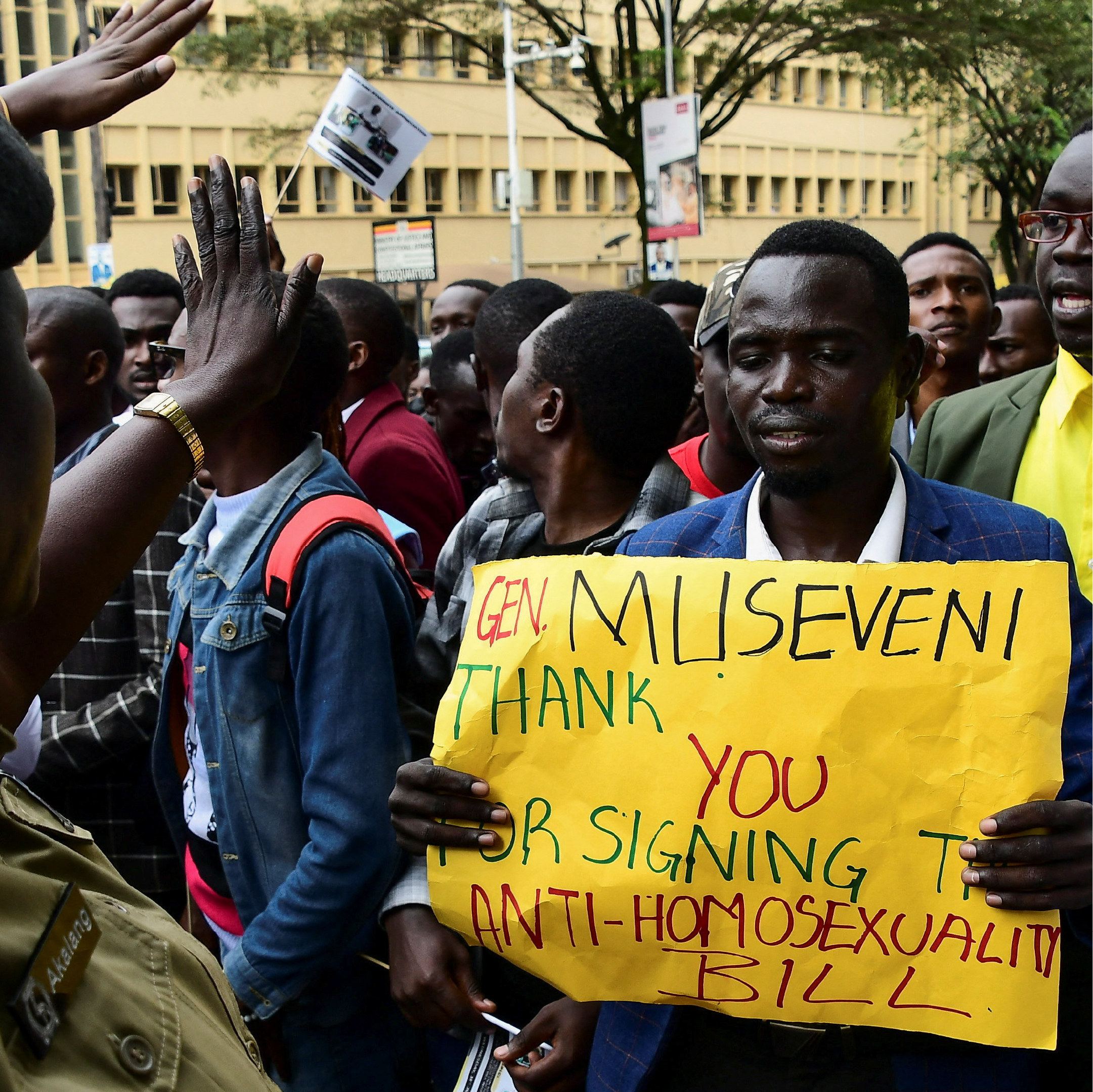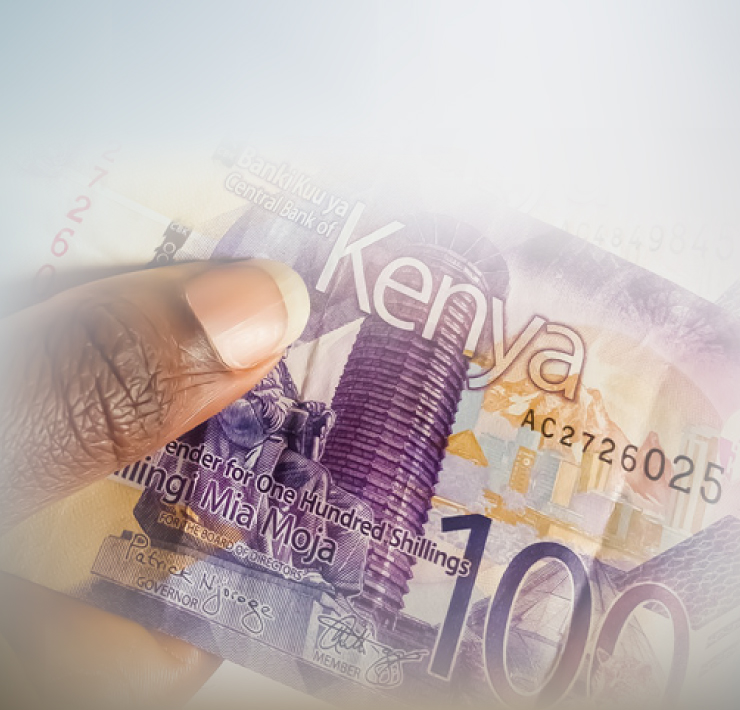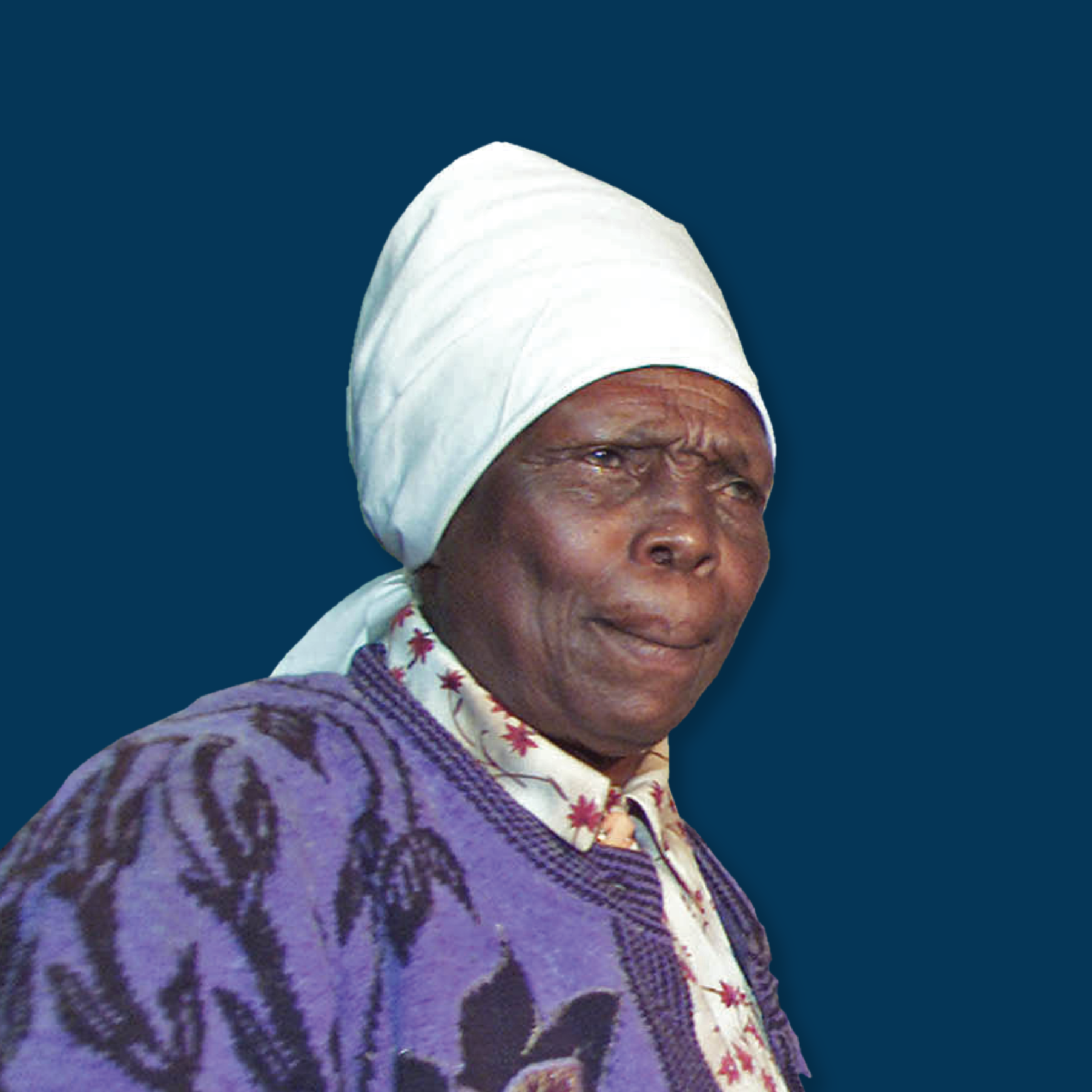
Kevin Mwachiro
KEVIN MWACHIRO is a Kenyan writer, podcaster, journalist, and queer activist. He has authored Invisible – Stories from Kenya’s Queer Community and was part of

KEVIN MWACHIRO is a Kenyan writer, podcaster, journalist, and queer activist. He has authored Invisible – Stories from Kenya’s Queer Community and was part of

LUCIA AYIELA is a digital activist who advocates for social justice, public accountability and the rule of law. She is the Executive Director of The

One of the most significant aspects of the Saba Saba protests this month was that for the first time since the pro-democracy protests of the 1990s, Kenyans were rallying around issues rather than personalities or ethnic groups, in this case, punitive taxes and the commensurate rise in the cost of living. This demonstrates that Kenyans have finally reached a level of political maturity where issues, rather than personalities or ethnic groups, determine the support leaders get.

The Finance Act 2023 also has colonial undertones that should make Kenyans very nervous. “The levy to enable more Kenyans to own their own houses is morphing into something akin to the obnoxious colonial ‘hut tax’,” stated an editorial in the Daily Nation. The tax that the newspaper is referring to is the Native Hut Tax, introduced in 1901, when the British wanted to consolidate their power over this land and its people. All huts used as a dwelling were expected to pay an annual tax.

Uganda is one among around 30 African countries that have criminalised homosexuality, but no country in Africa has passed such a draconian law against homosexuals. Depending on how the law is interpreted, parents of gay children could find themselves locked up for harbouring and protecting a homosexual, and clinics providing HIV treatment or counselling to gay patients could have their licenses revoked. The law has rightly been condemned by human rights organisations around the world for its severity. It will likely lead to an exodus of homosexuals from the country.

MUTEMI WA KIAMA is a prominent activist who uses social media and his foundation to advocate for the rights of those who are barely seen

Why would a country’s citizens be against a loan given by an international financial institution such as the IMF? Well, for those Kenyans who survived (or barely survived) the IMF-World Bank Structural Adjustment Programmes (SAPs) of the ‘80s and ‘90s, the answer is obvious. SAPs came with stringent conditions attached, which led to many layoffs in the civil service and removal of subsidies for essential services such as health and education, which led to increasing levels of hardship and precarity, especially among middle and low income groups. African countries undergoing SAPs experienced what is often referred to as “a lost development decade” as belt-tightening measures stalled development programmes and stunted economic opportunities.

WANJIRA WANJIRU is a grassroots activist who co-founded the Mathare Social Justice Centre and the Matigari Youth Book Club. She is a BA student at

While the affordable housing scheme could be lauded for improving the quality of housing for low-income people, the reality is that these people will most likely be edged out of any low-income affordable housing scheme, which will most likely end up benefiting middle-income groups, or will be hijacked by the rich. The ultimate beneficiaries will be the contractors and private investors who will construct these houses – not to mention the government officials who will take kickbacks to award the tenders.

Many believe that the secrecy surrounding Dedan Kimathi’s burial site is part of a larger conspiracy by both the British and Kenyan governments to erase memories of the Mau Mau and its leaders from Kenyans’ minds. This is why the Mau Mau remained a proscribed organisation for four decades after independence. Under the Jomo Kenyatta and Daniel arap Moi regimes, Kenyans spoke about the Mau Mau, including Dedan Kimathi, in hushed tones.